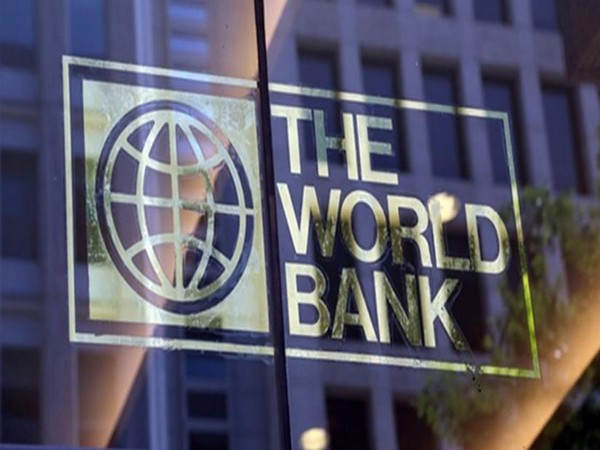The World Bank’s Board of Executive Directors has approved $27 million for the National Community Initiatives Project (NCIP) in the Kyrgyz Republic. This initiative aims to enhance local access to socio-economic infrastructure and boost economic opportunities, with a special focus on women and youth.
Hugh Riddell, the World Bank’s Country Manager for the Kyrgyz Republic, highlighted that the NCIP builds on over a decade of successful community-driven development efforts by the Kyrgyz Government. The project seeks to expand, standardize, and deepen these initiatives, while also strengthening local government capacities to collaborate effectively with communities on development priorities.
The project will be implemented by the Community Development and Investment Agency (ARIS) through 2029, with oversight from the Ministry of Economy and Commerce, in coordination with other relevant ministries and agencies.
Christopher Finch, World Bank’s Senior Social Development Specialist and the project's Task Team Leader, emphasized that the project will establish a platform to strengthen interactions between local authorities and residents. This will facilitate the creation of development plans addressing local challenges related to service delivery, economic development, and climate resilience.
Key features of the project include:
Village Climate-Resilient Infrastructure Investments: Rural populations in 40 Aiyl Aimaks (sub-districts) will benefit from up to $450,000 each for infrastructure projects identified through participatory assessments. Eligible projects may include schools, health facilities, water systems, and climate-adaptive investments such as renewable energy sources and disaster-preparedness measures.
Grants for Climate-Smart Local Economic Development: Fifteen sub-districts will receive grants of $200,000 to $300,000 to support local economic development and livelihood activities. These grants will be awarded based on social mobilization efforts and the sustainability of business plans, targeting sectors like agricultural processing, handicrafts, eco-tourism, and green enterprises.
Capacity Building: The project will provide training for local governments and communities in areas such as participatory needs assessment, investment management, climate change, and economic empowerment.
Women and Youth Empowerment: The project will engage women and youth in planning and investment processes, address their priorities for infrastructure and livelihood investments, and provide tailored training to enhance women’s leadership and support women’s entrepreneurship and childcare facilities.
Climate Resilience: Climate considerations will be integrated throughout the project, including in community mobilization, planning, and investment selection.
The NCIP is supported by the International Development Association (IDA) with a $25 million zero-interest credit, repayable over 50 years with a 10-year grace period. It is also co-financed by a $2 million grant from the Early Learning Partnership (ELP), a World Bank-managed trust fund focusing on early learning opportunities.
The World Bank’s mission is to end extreme poverty and promote shared prosperity. The Kyrgyz Republic’s current World Bank program includes 24 projects with a total commitment of around $1.2 billion, supporting modernization and development across various sectors.











